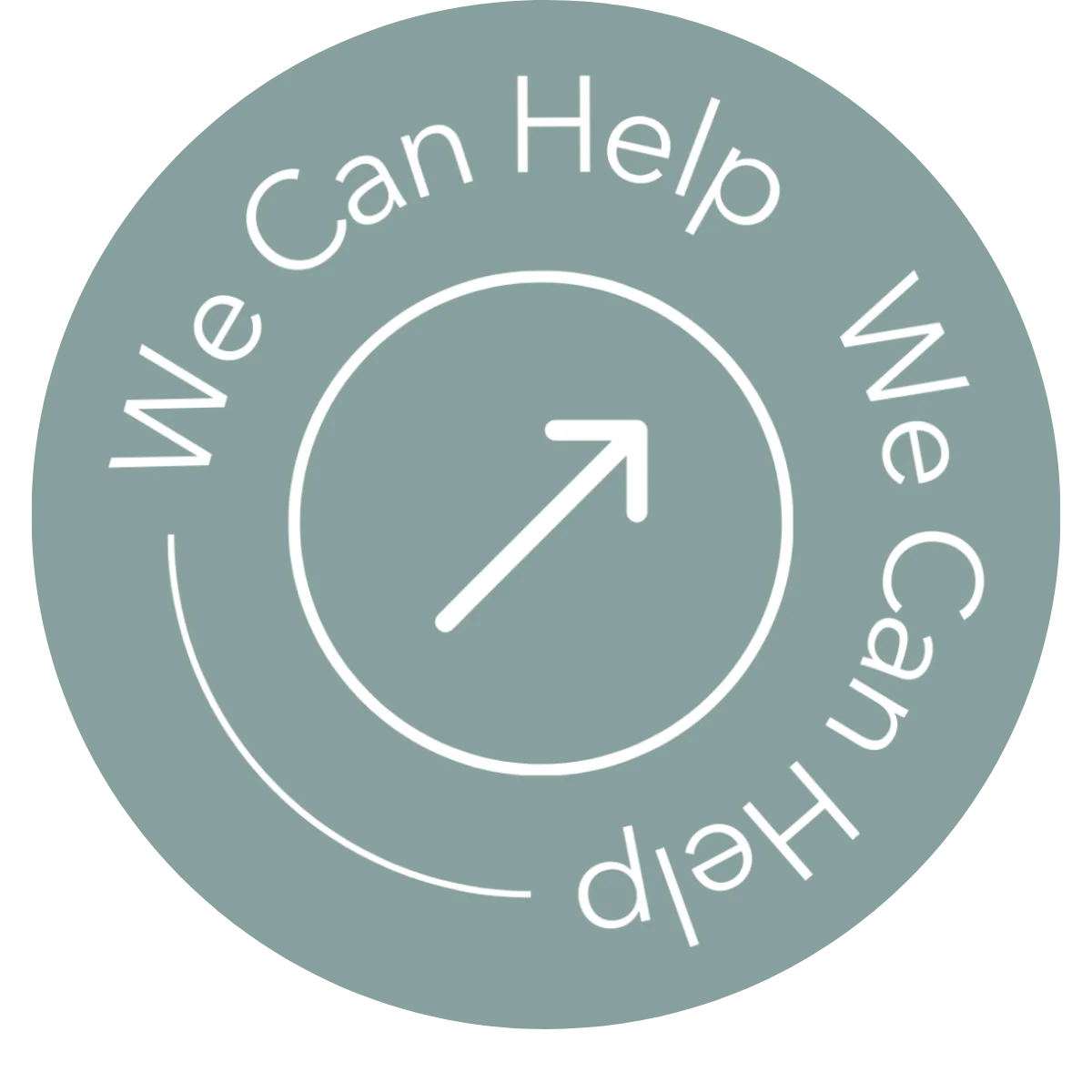Legal Issues and Substance Abuse: Seeking Help and Avoiding Consequences
Legal Issues and Substance Abuse
Many people struggle with both legal issues and substance abuse as they work through their symptoms of addiction. They may face a wide range of legal issues due to their addiction and related behaviors.
Some of the most common legal issues include:

Drug Possession or Trafficking Charges
DUI or DWI
Domestic Violence
Theft and Property Crimes
Financial Crimes
Assault and Violent Offenses
Child Custody and Family Law Issues
Probation or Parole Violations
Juvenile Offenses
Misdemeanor or Felony Convictions
Importance of Seeking Legal Help and Treatment
Legal Issues and Substance Abuse: The Role of Drug Courts
Specialized Courts
Eligibility
Treatment Emphasis
Multidisciplinary Teams
- Judges
- Prosecutors
- Defense attorneys
- Substance abuse treatment providers
- Probation officers
- Case managers
- Vocational support
- Counselors
Phases and Graduation
Frequent Monitoring and Drug Testing
Sanctions and Rewards
Community Support
- Support groups
- Education
- Employment help
- Housing support
Graduation and Charges
Recidivism Reduction
Continuing Care
- Ongoing therapy
- Counseling
- Participation in support groups
Connection Between Legal Issues and Substance Abuse and Their Effect on Employment
Criminal Record
Employment Barriers
- Professional licenses
- Security clearances
- Certain types of employment, such as government positions or jobs in healthcare and education
Limited Job Opportunities
Reduced Income
Housing Issues
Educational Pursuits
Public Benefits
Social Stigma
- Shame
- Discrimination
- Social isolation
Mental and Emotional Toll
Barriers to Recovery
Can People With Legal Issues and Substance Abuse Disorder Access Legal Help?
Public Defenders
Legal Aid Organizations
Drug Court Programs
Reentry Programs
- Legal support
- Employment help
- Other resources
Pro Bono Legal Services
Legal Clinics
- Expungement
- Record sealing
- Other legal matters
Substance Abuse Treatment Programs
Local Support Groups and Organizations
Online Resources
How can Treatment Programs Provide Help with Legal Issues and Substance Abuse?
Integrating substance use treatment programs with the legal system can be an effective approach to providing rehabilitation. Here are some key ways in which substance use disorder treatment programs can be integrated with the legal system:
Screening and Assessment
Collaboration
Individualized Treatment Plans
Continuous Monitoring
Aftercare Planning
- Ongoing support
- Therapy
- Support group participation
- Help with housing and employment
Mental Health Support
Many people involved in the legal system have co-occurring mental health issues. Integrated programs should address both substance abuse and mental health disorders at the same time.
Community Resources
- Vocational training
- Housing programs
- Social services
Education and Prevention
Data and Evaluation

Legal Issues and Substance Abuse: How can Ethos Wellness Help?
Ethos Wellness is here to help you or your loved one work through substance use disorder symptoms. We can help connect you to professionals that can help you with legal issues and substance abuse. We will be with you every step of way as you work hard to recover from your symptoms.
Our team works alongside you to create an individualized treatment plan that is the best path forward for your needs.
If you find yourself struggling with legal issues and substance abuse at the same time, there are many options we offer to help, including:
- Counseling and therapy
- Vocational training and support
- Trauma-focused therapies
- Motivational enhancement
- Psychoeducational groups
- Dual diagnosis treatment
- Holistic approaches
Contact Ethos Wellness Today
Our team is here to provide the compassion, support, and treatment you need as you work through legal issues and substance abuse recovery.
Reach out to Ethos Wellness today for comprehensive and holistic assistance.


